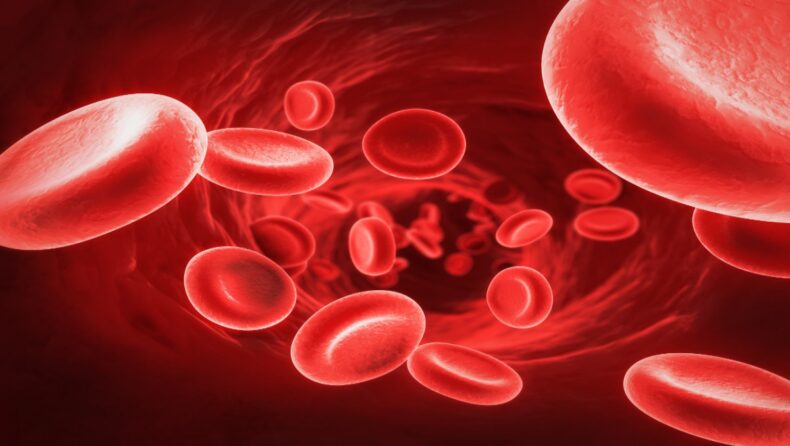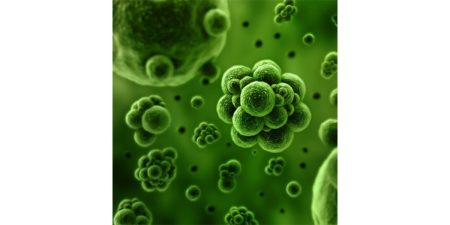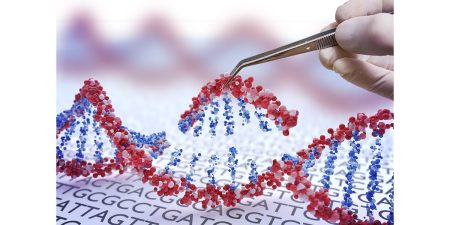The Texas Heart Institute‘s physician-scientists have just released the findings of the biggest cell therapy trial yet conducted on patients with persistent heart failure brought on by low ejection fraction.
Patients benefited from the treatment by having their ejection fraction measured as having a stronger heart and by having a lower risk of heart attack or stroke, especially in those with high levels of inflammation. Also, a significant signal was discovered in the decline in cardiovascular death in individuals receiving cell therapy.
For the first time, Mesoblast Inc.’s MPC (mesenchymal precursor cells), an immunomodulatory cell type, may address inflammation, a primary cause of heart failure.

The majority of heart failure medications on the market now work to counteract the harmful heart alterations brought on by the various neurohormonal pathways that are triggered when a person has heart failure to make up for impaired heart function.
Heart failure and recurrent hospitalizations gradually worsen due to these active pathways. Although medicines aimed at these routes have advanced, fatality rates are still high. The distinct mode of action of MPC seems to offer an alternate strategy that has the potential to greatly reduce the high mortality of this illness.
A phase 3 research called DREAM-HF (Double-Blind Randomized Assessment of Clinical Events Using Allogeneic Mesenchymal Precursor Cells in Heart Failure), sponsored by Mesoblast, involved 565 chronic heart failure patients who were also receiving standard-of-care heart failure treatment.
Cell therapy & MPCs
MPCs have strong anti-inflammatory, pro-angiogenic, and pro-healing actions, making them a strong choice for therapy in heart failure with low ejection fraction. The bone marrow of healthy adult donors is where the cells were taken from. Direct cardiac MPC injections were given to the study’s cell-treated patients, while the operation for the control patients was a “sham” or fake one that involved no injections.

Throughout the first 12 months, MPC-treated patients demonstrated a notable improvement of the left ventricular muscle as indicated by an increase in left ventricular ejection fraction, a metric used to evaluate general heart function and assess the heart’s capacity to pump blood.
Treatment with MPCs reduced the probability of cardiovascular mortality, heart attack, or stroke over a mean follow-up of 30 months, with a higher drop in individuals with elevated inflammation.
Among individuals with high levels of a blood marker for inflammation, the benefit of MPC treatment increased to 75% and decreased the risk of a heart attack or stroke by 58%.
Results from the DREAM-HF study are an important first step in understanding how cell therapy benefits patients with chronic heart failure brought on by poor pump function. The cells appear to increase microvascular flow, improve cardiac muscle strength, and decrease inflammation.
The Texas Heart Institute has spent the past 20 years at the forefront of the creation of cellular therapies for the heart and is still setting the standard for this ground-breaking research worldwide.
MPC therapy “may transform the future of cardiovascular care for patients over the age of 20 with heart failure owing to inflammation,” said Dr. Joseph G. Rogers, the president and CEO of The Texas Heart Institute and an expert in advanced heart failure.













